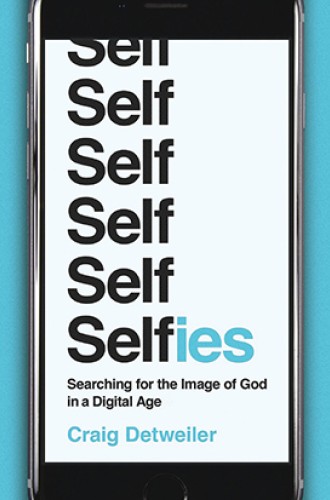Seeing the image of God in our selfies
Craig Detweiler draws on art history, psychology, and religion to argue that staring at ourselves can be an act of faith.
More than a billion phones contain Meitu apps that make it possible for selfie-takers to erase imperfections, get flawless skin, and affix to themselves blossoms and kitty ears. Investigating “China’s selfie obsession” for the New Yorker, Jiayang Fan spoke to Meitu’s founder who told her, “In the same way that you would point out to your friend if her shirt was misbuttoned, or if her pants were unzipped, you should have the decency to Meitu her face if you are going to share it with your friends.” Fan discovered that this comment was not just product promotion. It’s common for Chinese selfie-takers to spend 40 minutes or more using a product like Meitu to doctor their selfies.
Fan’s article was still in my ears when I read Craig Detweiler’s exploration of selfies as a form of digital discipleship. “Rather than seeing selfies as the problem, I approach selfies as the start of a solution,” he writes. “Selfies are a search for God via God’s image: us. . . . Our selfies can be redeemed. May we cast aside our old, manic, false selfies in order to put on a new selfie, in Christ and for the community.”
The author of iGods and Into the Dark and president of the Seattle School of Theology and Psychology, Detweiler is a sympathetic observer of the media landscape. He does raise questions about the danger of selfies, discussing the emotional and spiritual risks that go along with what Erving Goffman called “impression management.” Detweiler also cautions readers about the way that social media lends itself to the type of public piety against which Jesus warns us (#blessed), and he acknowledges the risk that selfies, Instagram posts, and Snapchat stories place one’s identity in the hands of others. “Overcoming our self-seeking instincts isn’t easy, especially when so many social-media prompts encourage us to think about me, rather than we, first,” he acknowledges as he admits that the selfie is a limited medium.





